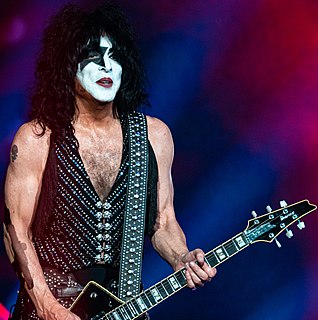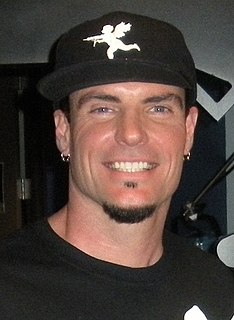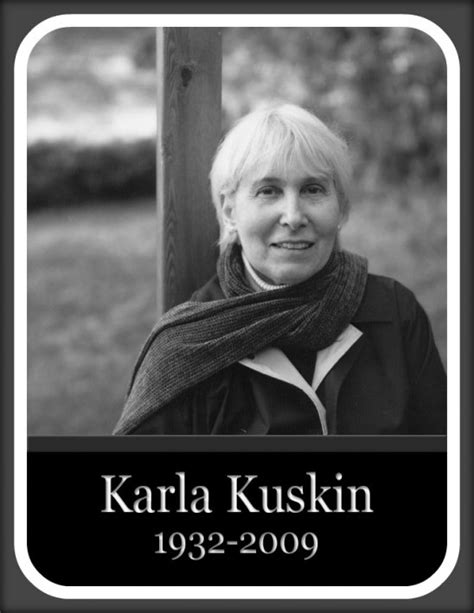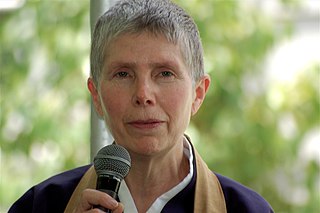A Quote by Jason Graae
There's lots of room to be your own worse critic. It's just you, so I think that's inherit, that voice that's always that's there monitoring everything you do. It's definitely worse; the critic is harder when it's just you. If you're doing a show, then the critic can blame the other actors your with.
Related Quotes
Music critics are, for the most part, bitter people who are intent at dragging people down for being successful at what they want to do, which is probably music. The oddity of being a critic is: You don't get a diploma, you just decide you're a critic. If someone listens to your opinion rather than their own, it's their mistake. Any critic's top 10, any year, it's something controversial or something that will make them look hipper-than-thou. The whole critic game, we've never played.
The way I try to explain it the best is that if Critic A from publication A hates our show, and Critic B from publication B loves our show, what are we supposed to do with that? We have to just respect everyone's opinions and go on making the show we want to make. I've never worked on a show that was altered by critical reception. You just can't afford to do that. So in that regard, it's actually no different that working in theater. It's just a lot more voices.
It is necessary a writing critic should understand how to write. And though every writer is not bound to show himself in the capacity of critic, every writing critic is bound to show himself capable of being a writer; for if he be apparently impotent in this latter kind, he is to be denied all title or character in the other.
You find very few critics who approach their job with a combination of information and enthusiasm and humility that makes for a good critic. But there is nothing wrong with critics as long as people don't pay any attention to them. I mean, nobody wants to put them out of a job and a good critic is not necessarily a dead critic. It's just that people take what a critic says as a fact rather than an opinion, and you have to know whether the opinion of the critic is informed or uninformed, intelligent of stupid -- but most people don't take the trouble.
Criticism on my works is like this: you've worked hard all of your life, you went to Oxford, and you've done this and that, and you're an art critic. Your job is to unravel the "secret" or whatever, and you come across an entity like me. It's going to piss you off. Because there's no great secret, what you see is what you get, and anyone can understand what I'm doing. So, it's almost like I make this critic-person redundant, just by my attitude, and they resent me for that.
I began to read [Bible] as a critic, an in-house critic. So I got to a place where when I got to the university, I just couldn't reconcile that book and some of its points of view with stuff I was learning in my academic career. And so then you have a choice: either you give up your academic career and close your mind and become a constant fundamentalist, or you give up your religion and become a citizen of the modern world and get a modern education, or just spend the rest of your life balancing the two things together, forcing them into a dialogue.
The hardest thing in the world is being a critic of your own work. For me time has always been the best critic. If I can put something away and then come back, it's like taking a painting you're working on, turning it upside down, squinting at it, or walking away to get a new view. Time helps you know whether it's worth saving or whether it should be dumped.
Except that it’s not really 'now' that the inner critic attacks. It’s a few seconds or a minute ago. The inner critic depends upon comparison, and when we are fully aware in the present moment, when there is no past or future in our mind’s awareness, there is nothing to compare. There is only what is, as it is. The inner critic disappears.



































